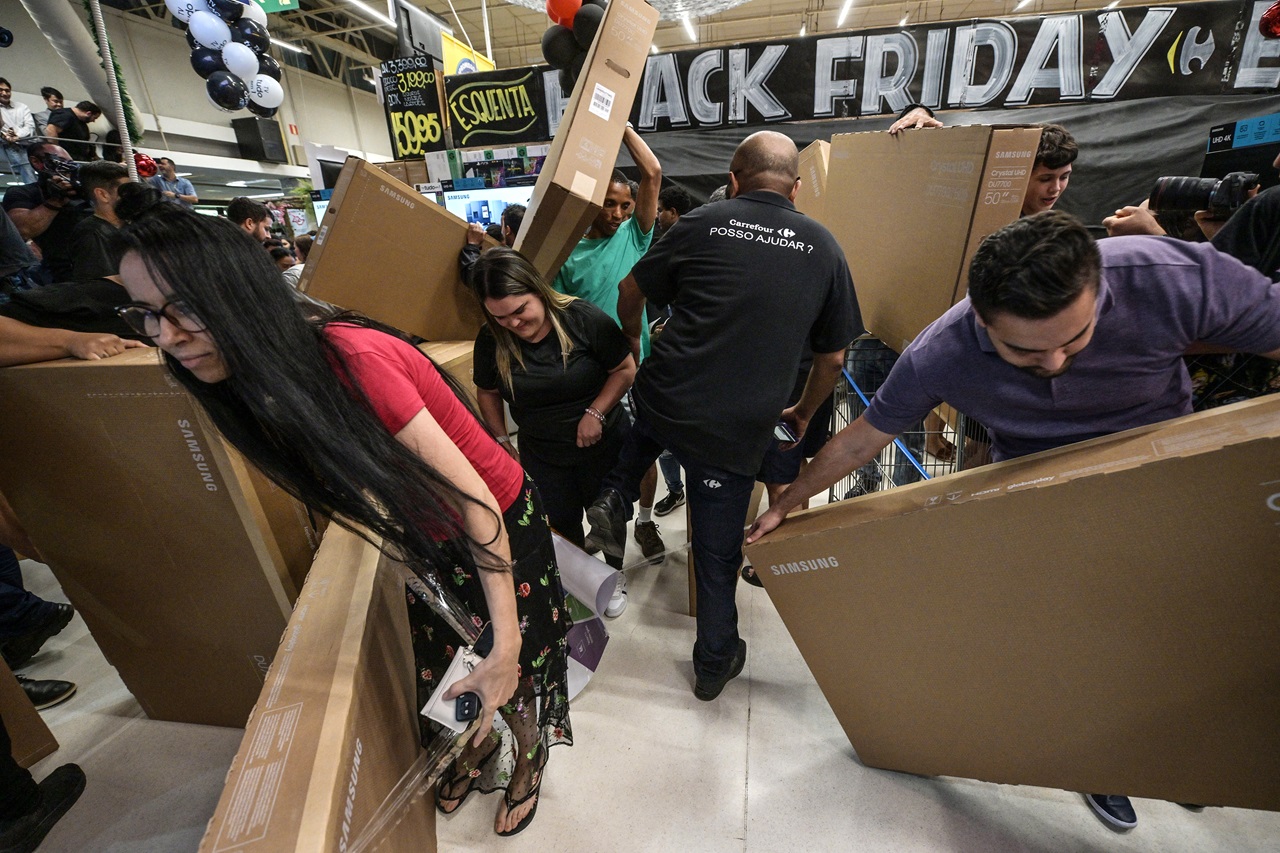
Cisco: LatAm urban areas are most in need of becoming smart cities
Latin America's urban areas are those most in need of being transformed into smart cities due to the serious crime, mobility and energy management problems they face, the head of that region for American multinational technology conglomerate Cisco Systems Inc. said in an interview with EFE.
"Smart cities are a priority here. They're an imperative need. In fact (this region) is one of the theaters where that need is the greatest," Spaniard Jordi Botifoll said at Cisco Live!, the technology giant's annual conference in Cancun, Mexico.
He noted that Latin Americans waste many hours in traffic jams and that that time could be better spent on other tasks that would benefit the population as a whole.
While acknowledging that traffic management is a complicated problem in the region, Botifoll said Internet of Things (IoT) platforms can help alleviate the situation.
These platforms, which are essentially networks of interconnected, sensor-embedded devices that pass information via Internet to one another and to a central console, "use data from sensors to evaluate where the (traffic) flows are going and enable better decision-making.
Energy use is another key element highlighted by Botifoll.
"A city that consumes electricity in excess and does not optimize is less competitive," he said, adding that infrastructure such as smart lamp posts provide benefits that go beyond energy savings.
CONTENIDO RELACIONADO
"People may think it's just about replacing city lights with LEDs. And yes, that saves (electricity). But if you convert each street light into a network node and fill it up with sensors, you can control traffic, behavior, the flow of people. Retail industries would pay a fortune for this data," Botifoll said.
These technologies also are urgently needed in Latin American cities to combat high rates of crime and insecurity, according to the Cisco executive, who said that problem can be partially tackled with government strategies that employ the IoT.
"A city full of sensors or cameras would solve it," he said.
"Criminal behavior is altered when (the criminals) know that authorities are recording, particularly with smart recordings," he said, referring to Cisco video surveillance equipment that enables facial recognition.
Investments in these areas are important because businesses, particularly in Latin America, "shy away from danger," Botifoll said.
The senior executive noted that the company currently has 50 partnerships with different cities in the region including Rio de Janeiro, Buenos Aires and Mexico City.
Cisco has been participating in that latter metropolis in a program known as Mexico Conectado, a federal government project aimed at bridging the country's digital divide.










DEJE UN COMENTARIO:
¡Únete a la discusión! Deja un comentario.